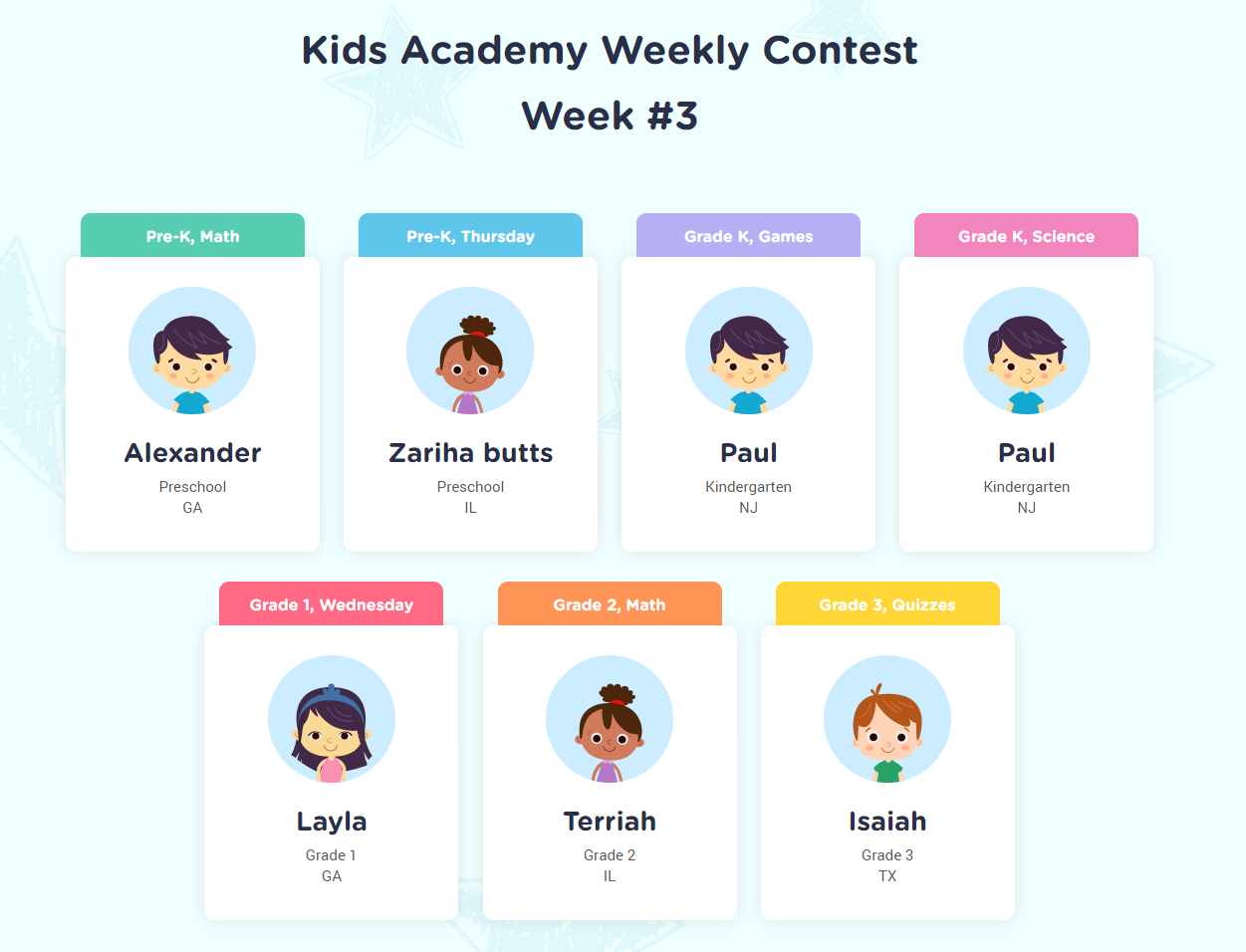Understanding life cycles Normal Science Worksheets for Ages 5-8
4 filtered results
-
From - To
Introduce your young learners to the wonders of nature with our "Understanding Life Cycles: Normal Science Worksheets for Ages 5-8"! These carefully designed worksheets provide engaging, age-appropriate activities that illustrate the fascinating stages of different life cycles. Children ages 5 to 8 will explore concepts through fun, simple tasks that build foundational science skills, reinforce their curiosity, and help them comprehend the process of growth and change in living beings. Perfect for classroom or home use, these worksheets make learning interactive and enjoyable, fostering a lifelong interest in science and the natural world. Download now to nurture young minds with hands-on discovery!
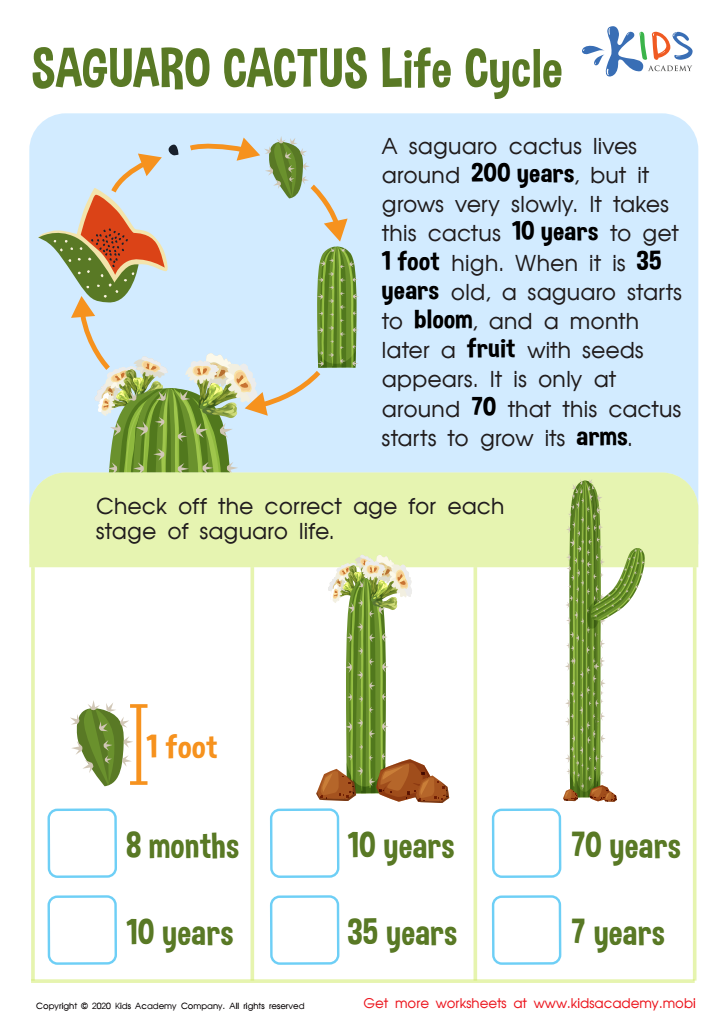

Saguaro Cactus Life Cycle Worksheet
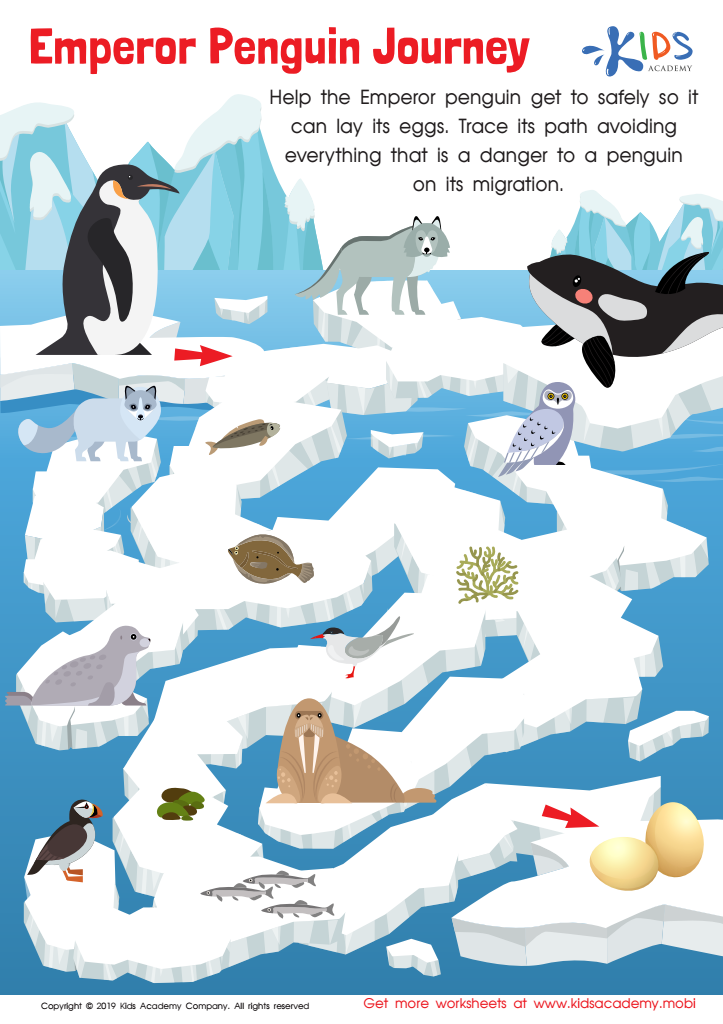

Emperor Penguin Journey Worksheet
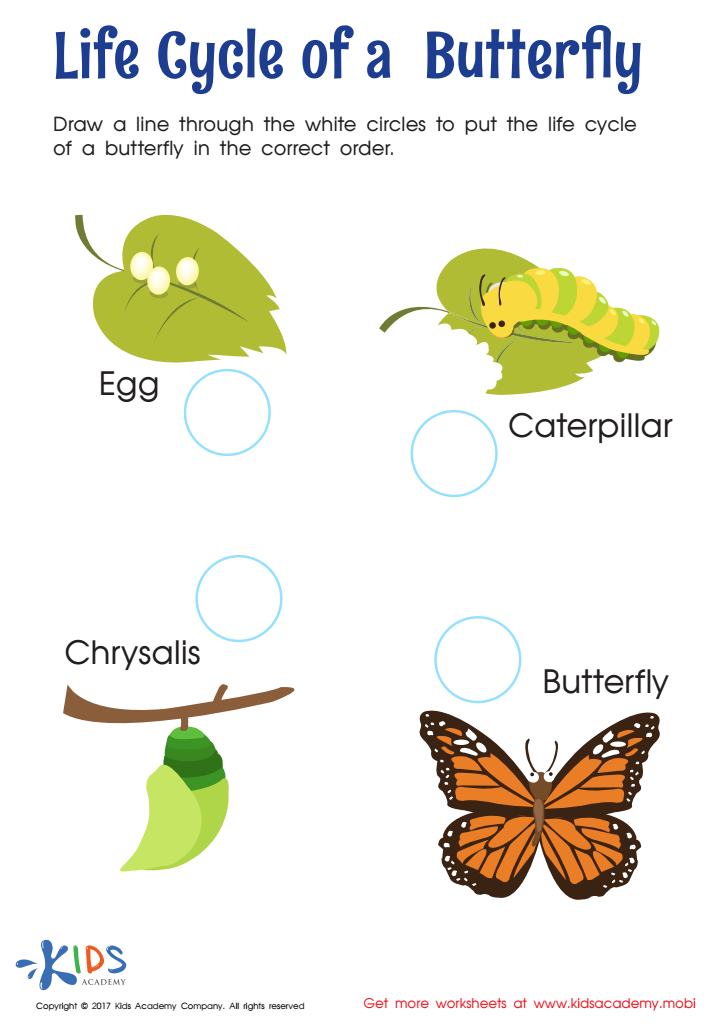

Life Cycle of Butterfly Worksheet
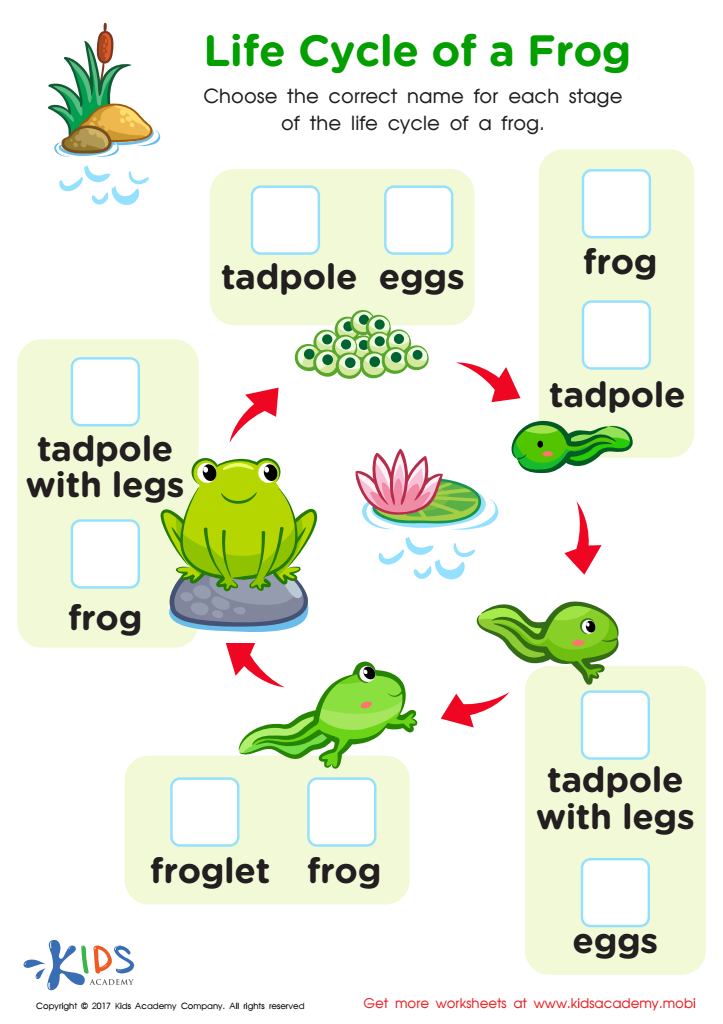

Life Cycle Frog Printable
Understanding life cycles is an essential part of early science education for children aged 5-8. This foundational knowledge helps them make sense of the natural world, fostering curiosity and a love for learning. When children learn about life cycles, whether it's the metamorphosis of a butterfly, the growth of a plant, or the developmental stages of a frog, they gain practical insights into the stages of living organisms and their environments.
For parents, teaching life cycles at a young age can demystify nature and lead to sustainability awareness. By understanding how plants grow from seeds and animals evolve through stages, children can appreciate the interconnectedness of ecosystems and the importance of preservation. This early appreciation can build lifelong habits of environmental responsibility and empathy towards living beings.
Teachers, on the other hand, benefit from incorporating life cycle lessons as they align with key educational standards and stimulate critical thinking skills. These lessons often involve hands-on activities like planting seeds or observing insects, which engage different learning styles and make abstract concepts concrete. Additionally, discussing life cycles introduces scientific vocabulary and encourages observational skills, laying the groundwork for complex scientific reasoning in later years.
In short, integrating life cycle education helps nurture inquisitive, informed, and environmentally conscious young minds.

 Assign to My Students
Assign to My Students








